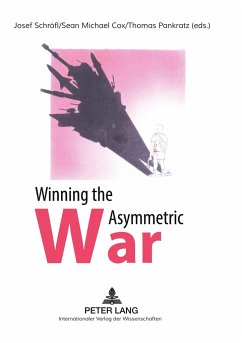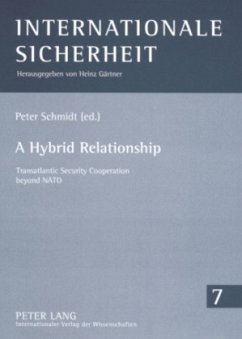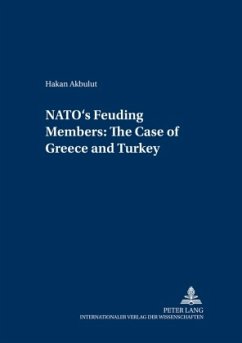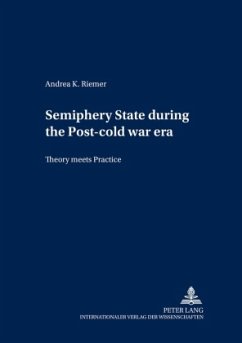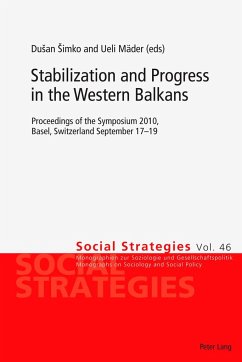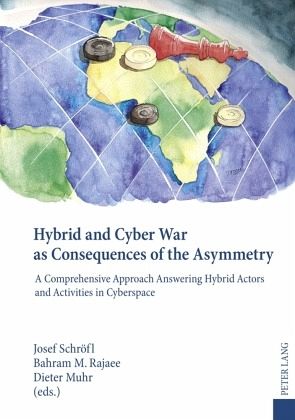
Hybrid and Cyber War as Consequences of the Asymmetry
A Comprehensive Approach Answering Hybrid Actors and Activities in Cyberspace- Political, Social and Military Responses
Herausgegeben: Schröfl, Josef; Rajaee, Bahram M.; Muhr, Dieter
Versandkostenfrei!
Versandfertig in 6-10 Tagen
68,95 €
inkl. MwSt.

PAYBACK Punkte
0 °P sammeln!
Current and future adversaries will likely simultaneously employ a combination of different types of warfare. Non-state actors may mostly employ irregular forms of warfare, but will also clearly support, encourage, and participate in conventional conflicts if it serves their ends to do so. Similarly, nation-states may well engage in irregular conflicts in addition to conventional types of warfare to achieve their goals. The emerging theaters of hybrid and cyber-warfare reflect this changing nature of contemporary warfare. They transcend national boundaries, social and economic classes, and pol...
Current and future adversaries will likely simultaneously employ a combination of different types of warfare. Non-state actors may mostly employ irregular forms of warfare, but will also clearly support, encourage, and participate in conventional conflicts if it serves their ends to do so. Similarly, nation-states may well engage in irregular conflicts in addition to conventional types of warfare to achieve their goals. The emerging theaters of hybrid and cyber-warfare reflect this changing nature of contemporary warfare. They transcend national boundaries, social and economic classes, and political ideologies. In these types of warfare there are no longer any clearly defined enemies, just as there are no longer any clearly defined allies. As a conceptual response to this kind of warfare, the "comprehensive approach" offers the best path forward, but must still be fully refined and analyzed before being applied effectively. This can only be accomplished through a coordinated and coherent strategy, along with regular consultations and interaction among all the actors involved. These factors will not only have enduring consequences for the future structure and training of most armed forces in the world, but they will also affect the politics of international security and defense policy while posing a challenge for theories of politics and international relations. This volume brings together leading international experts from different schools of thought to provide an overview of this topic.





